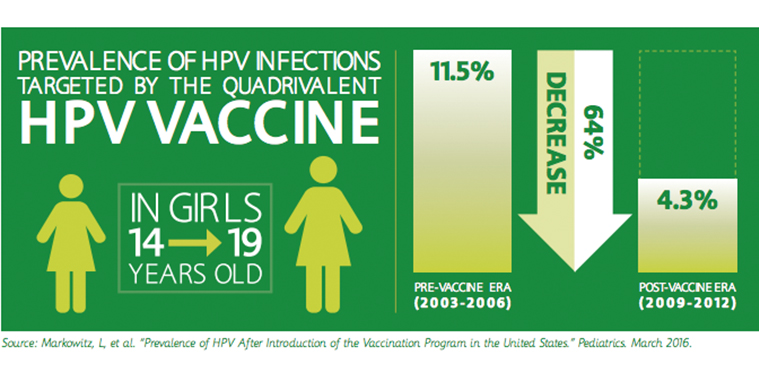
Advancing Our Knowledge and Understanding of Cancer
The oldest known description of cancer dates to around 3000 BC, where an Egyptian papyrus states, “There is no treatment.”
Today, after centuries of research, scientists and others in the medical field are confident in their growing understanding of the many forms and causes of cancer—which we now know is actually more than 200 unique diseases.
In the past decade, researchers have made great strides in identifying genetic mutations that trigger cancer, as well as the genetic markers that identify patients at a greater risk of developing cancer. These findings are changing the way doctors and scientists approach cancer.
Since its peak in 1991, the cancer death rate has dropped 25 percent. This decline translates into 2.1 million lives that were not ended because of cancer. Researchers attribute these gains not just to decreases in smoking and improvements in detection, but also to advances in treatment.
For example, one specific form of cancer that has seen a recent breakthrough in treatment is metastatic melanoma — the most serious and aggressive form of skin cancer. A patient diagnosed with this form of cancer a decade ago had limited therapeutic options: chemotherapy, radiation and early immunotherapies. These treatments were not ideal because they came with significant side effects, and even with treatment, many died within a year of diagnosis.
In the past few years, research advances have shed new light on the underlying biology of the disease, and the role the immune system plays in advanced-stage melanoma. Advances in immunotherapy and the understanding of “checkpoint” proteins have offered tremendous promise to patients.
In addition to advances in immunotherapies, the findings of the past decade have shown advances in targeted therapies as well. Fifteen years ago, researchers discovered that the BRAF gene mutation was linked to the overproduction and spread of melanoma cancer cells. This led researchers to pursue and develop new drugs targeting the abnormal BRAF proteins.
Though the past decade has been promising for patients diagnosed with metastatic melanoma, the next decade looks even brighter. Today, there are more than 100 melanoma drugs in clinical development across disease stages in the United States.
Furthermore, medical advances in the past decade have made major headway in batting cervical cancer. While the incidence of invasive cervical cancer and related mortality has decreased significantly since the Pap test was introduced in the 1950s, developing effective medicines for cervical cancer has still been a challenge due to the lack of understanding of its cause.
Just one decade ago, women had limited options to protect them against cervical cancer.
Today, women have powerful new tools to help prevent cervical cancer. All of these tools were built on the research linking almost all cervical cancers to prior human papillomavirus (HPV) infection, as well as a growing understanding of the disease. In the past decade, new vaccines have been approved by the U.S. Food and Drug Administration to protect against up to nine strains of HPV. All of these medical advances mean we now have protection against 90 percent of cervical cancers.

These two forms of cancer are not the only cancers to see significant medical breakthroughs during the past decade of innovation. The continual learning of the underlying biological mechanisms that initiate and control cancer cell growth has created new avenues for treatment advances. Scientists and researchers in the industry believe we are at a time of remarkable change in cancer care. With increased screening, early detection and therapeutic advances, patients’ lives are being transformed.
To learn more about the innovations in cancer in the past decade, click here.
Ready to Get Involved?
Make your voice heard to protect innovation.